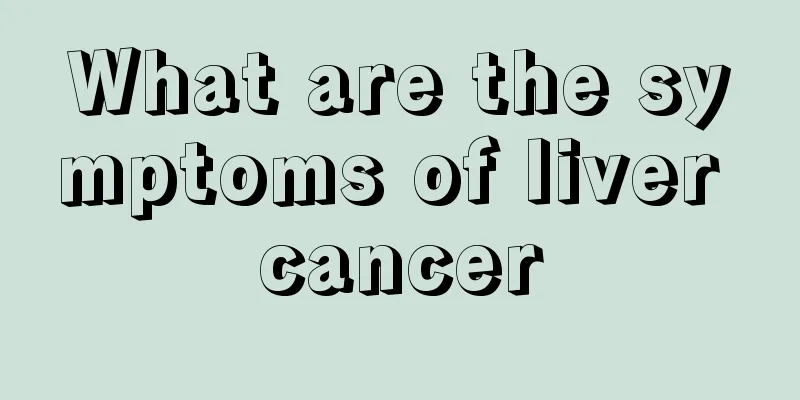What medicine should I use for small cell lung cancer

|
Many people are suffering from small cell lung cancer now. It is caused by lesions in the lungs, and sometimes the patient cannot breathe normally. Suffering from small cell cancer is not a terrible thing. We should actively fight and treat it. We should pay more attention to diet, medication, and daily life. So what medicine should be used for small cell lung cancer? Let's learn about it together. Small cell lung cancer (SCLC) accounts for 15% to 25% of all lung cancers. Since the birth of the EP regimen, chemotherapy has progressed slowly. Regardless of the limited or extensive stage, the prognosis is extremely poor. The 5-year survival rate of limited stage (LD) SCLC is less than 10%, and the 5-year survival rate of extensive stage (ES) SCLC is negligible. The rapid progress of targeted drugs in the field of lung cancer treatment has changed the treatment model of non-small cell lung cancer. Although there is still no breakthrough in the clinical research of many targeted drugs in SCLC, they also provide us with valuable scientific information for understanding SCLC. The following will discuss the current status of SCLC targeted drug research from several signaling pathways with potential therapeutic targets involved in the growth of SCLC. 1. Anti-angiogenic signaling pathway Vascular endothelial growth factor (VEGF) is highly expressed in 80% of SCLC. Antiangiogenic drugs for SCLC may prevent the growth of micrometastases by changing the tumor microenvironment and play a role through long-term maintenance therapy. 2. Growth factor receptor inhibitors Growth factor signaling pathway inhibitors, such as erlotinib and gefitinib, are very effective for lung adenocarcinoma with EGFR sensitive mutations. EGFR mutations are rare in SCLC patients, but in patients with complex SCLC, the literature reports that the rate ranges from 2.4% to 4%, with EXON-19Del being relatively common and sensitive to EGFR-TKI treatment, suggesting that EGFR mutation testing may be needed to guide clinical treatment for complex SCLC. There is currently no relevant clinical research data on Erbitux, a monoclonal antibody targeting EGFR, in SCLC. 3. Pro-apoptotic agents Promoting tumor cell apoptosis may be another new treatment strategy for SCLC, mainly including BCL-2 inhibitors and histone deacetylation. Currently, the best drug for treating small cell lung cancer is targeted drug delivery. I hope patients can learn more about it and recover their health as soon as possible. |
<<: What is the cure rate of patients with small cell lung cancer
>>: What is the best medicine for small cell lung cancer
Recommend
What is the reason for sour stool?
If the stool has a sour taste, you should pay att...
Thyroid cancer patients cannot eat spherical vegetables
Clinically, there is no saying that thyroid cance...
What are the pathological manifestations of skin cancer
The environment we live in today has many polluta...
Will lung cancer be transmitted to others? It is better to know these common knowledge about lung cancer as soon as possible
Lung cancer is a very serious disease. Many peopl...
How long does it take to die from chlorine poisoning
Chlorine is a relatively common chemical raw mate...
What are the signs that flat warts may become serious?
Flat warts are a very stubborn disease, which is ...
How to treat kidney cancer
The main treatment for renal cancer is radical ne...
How to conceive twins?
I believe that most couples are eager to have twi...
What to eat to remove moisture in summer?
If you don't pay attention to maintenance in ...
Can winter melon be eaten cold?
Some people get easily irritated and will get con...
How to choose a hospital for surgical treatment of glioma
How to choose a hospital for surgical treatment o...
Spread after thyroid puncture
Thyroid puncture is beneficial to our body, and t...
Is the late stage treatment of uterine cancer expensive?
Nowadays, many friends suffering from uterine can...
Is cucumber cold in nature?
Cucumber is the most common vegetable and a dish ...
What to do if you have a fever with small cell lung cancer
What should I do if I have a fever due to small c...









